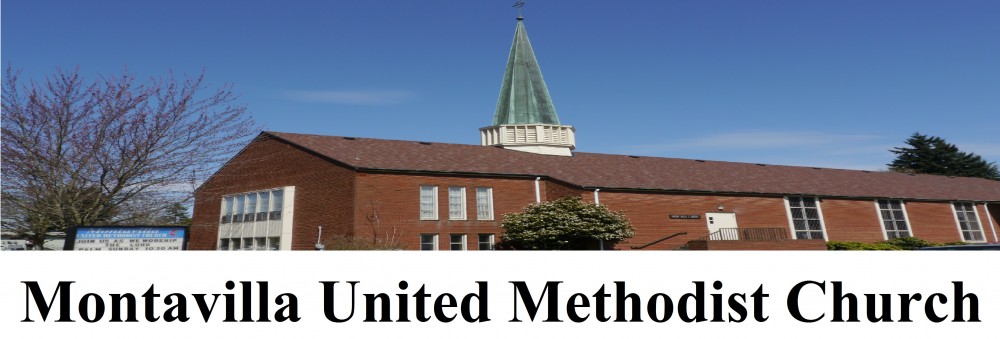Acts 16:9-15
9 A vision of a man from Macedonia came to Paul during the night. He stood urging Paul, “Come over to Macedonia and help us!” 10 Immediately after he saw the vision, we prepared to leave for the province of Macedonia, concluding that God had called us to proclaim the good news to them.11 We sailed from Troas straight for Samothrace and came to Neapolis the following day. 12 From there we went to Philippi, a city of Macedonia’s first district and a Roman colony. We stayed in that city several days. 13 On the Sabbath we went outside the city gate to the riverbank, where we thought there might be a place for prayer. We sat down and began to talk with the women who had gathered. 14 One of those women was Lydia, a Gentile God-worshipper from the city of Thyatira, a dealer in purple cloth. As she listened, the Lord enabled her to embrace Paul’s message. 15 Once she and her household were baptized, she urged, “Now that you have decided that I am a believer in the Lord, come and stay in my house.” And she persuaded us.
I’m going to start at the end of the story.
The second half of the very last verse of today’s reading.
Where Lydia says,
“Now that you have decided that I am a believer in the Lord, come and stay in my house.”
I wonder *how* she said that sentence.
I mean, just how salty was her delivery?
Are we talking a little gentle snark, or audible eye rolling?
“Now that you have decided that I am a believer in the Lord, come and stay in my house.”
What do you think?
Bring up our online folks please. So everybody can vote.
On a scale of 1-5, 1 being zero snark and 5 being a spicy burn, hold up your fingers for how snarky you think Lydia’s delivery of this line was?
In most study bibles this passage is labeled “the conversion of Lydia,” but verse 14 describes Lydia as a “Gentile God-worshiper.” A Gentile God-worshiper was what they called people who were not ethnically Jewish, but who practiced Judaism.
This may feel a little odd to us today, because today, we think of religion and ethnicity as seperate things, but in the first century, most people still believed that each nation or ethnic group had their own god. And in Greek culture, most trade associations named a particular deity as their patron.
So as a dealer in purple cloth, which was very rare and very expensive. Paul would have assumed that Lydia was a member of the guild of Aphrodite, as Aphrodite was the Greek goddess of love, beauty and pleasure, so would be one of the correct patrons for a dealer in expensive purple cloth.
But Lydia was a God – worshiper, as it says in verse 14.
That’s why Lydia had come down to the river to pray on the Sabbath.
On the Jewish Sabbath, when other cloth dealers would have been hard at work doing business.
Had Lydia heard about Jesus? Maybe. He was kind of a big deal by the end.
So Paul, convinced that God had called him to proclaim the good news to the Greeks – A Macedonian man would have been symbolically like the Uncle Sam of Greek culture — so Paul being convinced that he was there to proclaim the good news, proclaimed it at Lydia and her household who had gathered down at the river to pray.
And Lydia is like, yup. Good. Great. Sure, we’ll get baptized.
And, “Now that you have decided that I am a believer in the Lord, why don’t you come and stay in my house.”
Because, of course, Paul had just arrived and had nowhere to stay.
Now it’s important to note in the first half of verse 15, that Lydia and *her* household were baptized. Which is a huge clue that Lydia was a woman of independent means. It’s her house. It’s her purple cloth dealership. It’s her household full of people. It sounds kind of like she’s the leader of the God-worshiping community who meets down by the river to pray.
Did Paul convert Lydia?
Or did a Jewish God-worshiper encounter a Greek God-worshiper down by the river to discover that Spirit was already at work among them?
When I was 18, I was invited to youth group in a Pentecostal church. During an altar call, one summer evening, I raised my hand. But I wasn’t raising my head to accept Jesus into my heart. Jesus was already in my heart and my head arguing with me that I should commit my life to following God.
The good, well meaning, loving, people of that church rejoiced in my “conversation,” but by their, rather narrow, definition of conversion, I was already converted. Spirit was already at work within me.
God was inviting me.
But not to be a believer (I already believed.)
God was inviting me to be a doer.
I think too often in the church, we relate to Paul.
Look at verse 10. Paul and his buddies “concluded” that they needed to bring the good news to the Greeks.
But in verse 9, what the vision actually said was, “come help us.”
Come help your fellow God-worshipers in Macedonia.
And honestly, Paul and Silas seem to have been more trouble than help, at least in the short term! In the second half of this chapter they get thrown in prison and are invited to leave the city.
But, Paul does connect them with the growing network of house churches, so there’s that.
And perhaps that is the lesson from Paul and Lydia that the church needs to hear today.
Spirit is already at work.
God is the one with the power to change people’s hearts and minds.
So perhaps our work is not to convert the Lydia’s that we encounter, but to build community with all the Lydia’s we encounter.
Perhaps our calling for a time such as this is to find our people, practice hospitality, witness to the truth, gather to pray on the Sabbath, and access the power that only comes by coming together.

